Researches in Suzuki Laboratory
1. SUMMARY
The biggest challenge of human society in this century is to build a sustainable society. From the perspective of resources and energy, it is necessary to develop new resources and energy with a low environmental impact. In Japan, although the land area is small, the exclusive economic zone is vast, and it can be said that the potential of the sea for solving this problem is extremely large. In our laboratory, we are paying attention to ocean renewable energy such as wind, ocean current/tidal current, temperature difference, wave, and sun as an energy source.
In this field, there is a global research competition for practical application. We are also conducting research on deep seabed mineral resource development, CO2 ocean sequestration as a measure against climate change, formation of fishing grounds by improving the marine environment, and logistics and resource storage facilities that use the ocean space and have a low environmental load. In order to lead these R&D and realization, we plan resource development such as ocean renewable energy and methane hydrate, and predict VIV/VIM behavior of riser and floating structure aiming for advanced technological development. We are also working on elemental technology development of marine platforms such as position retention and materials.

Fowt in Fukushima 
Ship model
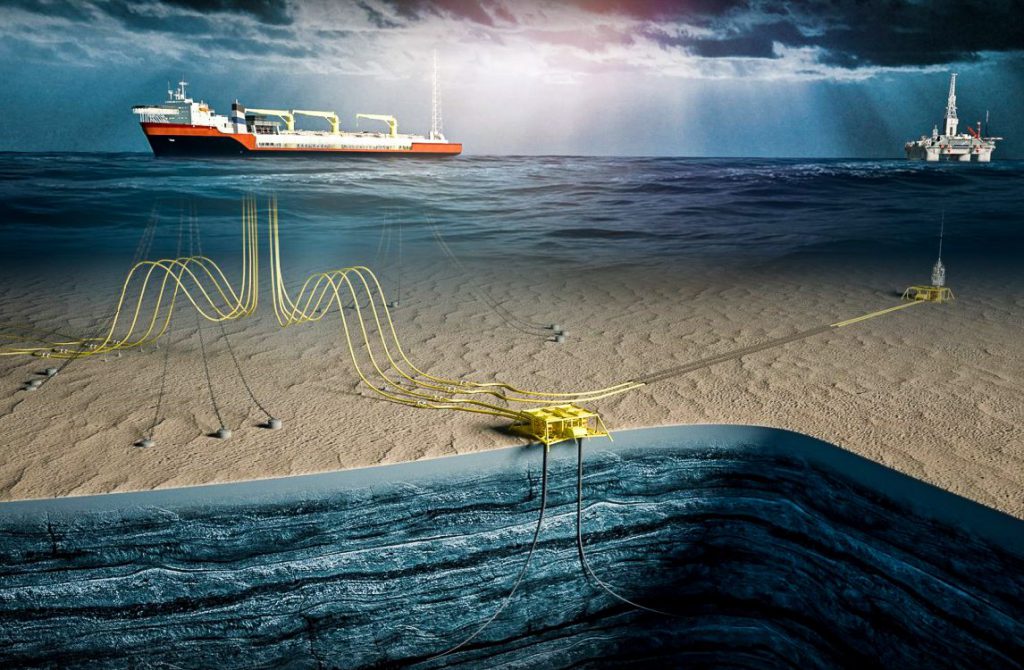
Subsea system 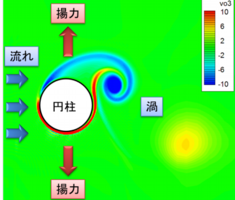
VIV calculation
2. Offshore Wind Turbine
Offshore wind turbine is one of the most important power generation systems in the global trend for decarbonization. This system is regarded as desirable because wind on ocean contains less turbulence, the noise is not problem on ocean and for other many reasons. The amount of wind energy resources that can be developed in Japan is extremely small, estimated to be several million KW on land, but it is far higher on the ocean, and there is more energy resources than Japan’s total power generation. To achieve NDC of Japan, it is essential to prevail offshore wind turbine. On the other hand, the characteristics of the sea area around Japan suddenly become deeper when it goes offshore, so it is not realistic to install so many seabed type wind turbines like in Europe. So, it is necessary to develop floating offshore wind turbine (FOWT) in Japan.
We are proposing efficient floating offshore wind power generation. Recently, active researches such as improvement of motion characteristics of spar type offshore wind turbine with JMU and development of coupled response analysis method between wind turbine and floating body are being conducted. We are also joining a project which aims to reduce the cost of FOWT conducted by NEDO.
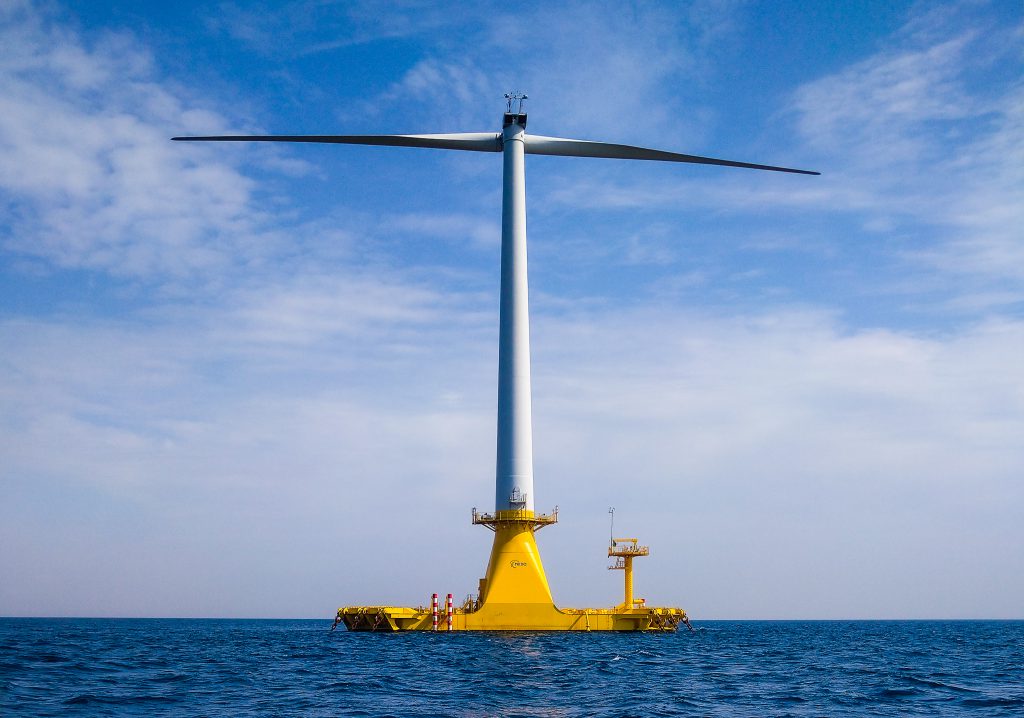
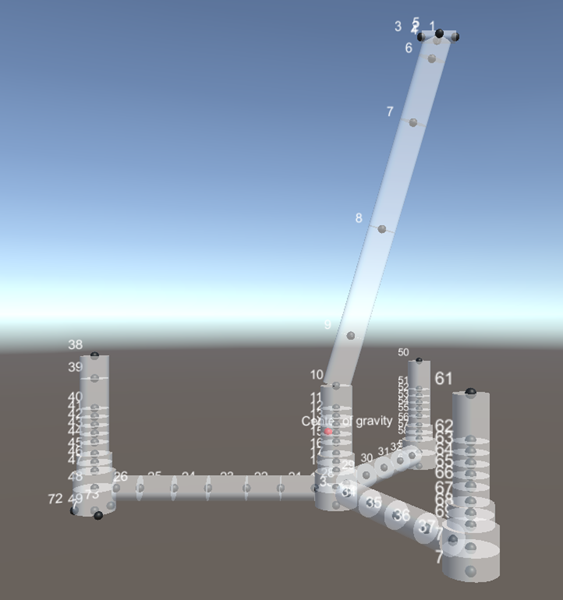
NK-UTwind 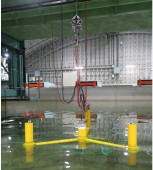
Experiment
3. Methane hydrate development system
There is huge amount of methane hydrate which is energy source below the deep sea floor in Japan’s exclusive economic zone. However, the methane hydrate development system has poor productivity, so a production method is assumed to use a large number of shallow depth horizontal wells.
We are working on the concept development of a production system that specializes in methane hydrate consisted of production wells, platforms (including mooring and subsea), treatment facilities, and pipelines.

4. R&D of Ocean Space Utilization
For Japan, whose land area is narrow and dense, utilizing marine space for business, industry, logistics and residential purposes is one of the important issues to consider.
We are planning a super large floating system for utilizing the ocean space.

City 
Runway 
Warehouse
5. Safety of ship
Ship is one of the most important industry of Japan. To guarantee the safety of ship is a big problem in the ocean which is assumed to be used and developed for many fields in near future.
For safe navigation of ships, we are conducting research about collision risk of ships and wind turbines in large wind farm, and fluid elastic response of ship within waves (especially for freak wave). We are also joining a digital twin project which evaluates the health of ship by fusing simulation and monitoring information gained by sensors.
